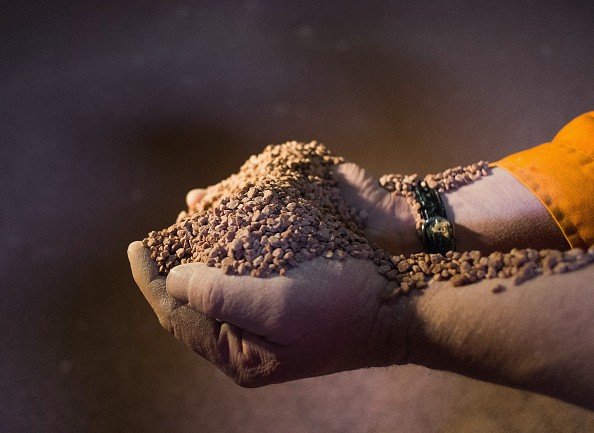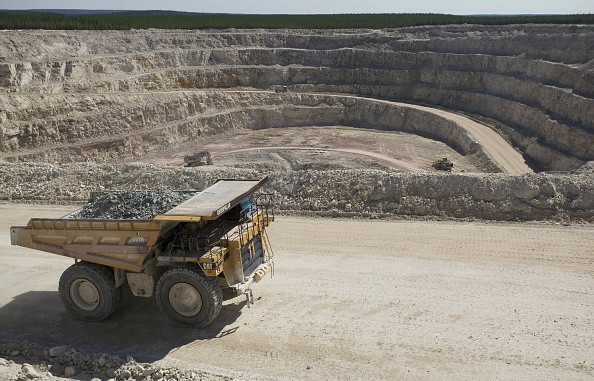EVs are expected to be used in mining, thanks to the new contract of the Jansen potash project.

Ever since automakers followed the steps of Tesla, electric cars on the road increased in numbers.
However, EV technology is really uncommon when it comes to mineral mining.
Since the mining industry generates lots of carbon emissions, having EVs will help reduce these harmful gases.
BHP, Canada's world-leading resources company, is now trying to make EVs in the mining industry a reality.
EVs Used in Mining? Jansen Potash Project's Contract to Make This a Reality
According to Electrek's latest report, the Jansen potash project is a program of BHP. Experts believe that this mining project could be the world's biggest potash mining program.

BHP said that the Jansen potash project is estimated to have an initial capacity of 4.3 to 4.5 Mtpa. The Canadian resources agency wants to mine potash since it is a rich source of potassium.
This mineral is also found in fertilizers. Potassium is hard to find since it is not really produced by the body. People need to consume food with potassium in order to have the mineral.
Although potash is commonly found in fertilizers, around 70% of it is still acquired through conventional underground mining.
Now, BHP secures a new contract with Normet Canada, a fast-growing tech company that aims to improve underground mining and construction processes.
Normet Canada-BHP Contract
Via its official press release, Normet Canada confirmed that its new contract with BHP will focus on developing and delivering multi-use battery-electric vehicles (BEVs).
Once these zero-emission utility vehicles arrive, BHP's Jansen potash project is expected to reduce its carbon emissions by half.
"Emissions reduction, improved productivity and advanced health and welfare of employees were key inputs to BHP Jansen's decision to adopt BEV technology," said Normet Canada.
You can visit this link to see more details about the latest Normet Canada-BHP contract.
Previously, the National Grid warned about U.K. household blackouts, which could last for three hours in winter.
Meanwhile, the new Chinese satellite tech calculated the overall Nord Stream pipeline damage.
For more news updates about the Jansen potash project and other related stories, always keep your tabs open here at TechTimes.
Related Article : World's Largest Compressed Air Energy Storage Plant is Now Up and Running in China
This article is owned by TechTimes
Written by Griffin Davis




